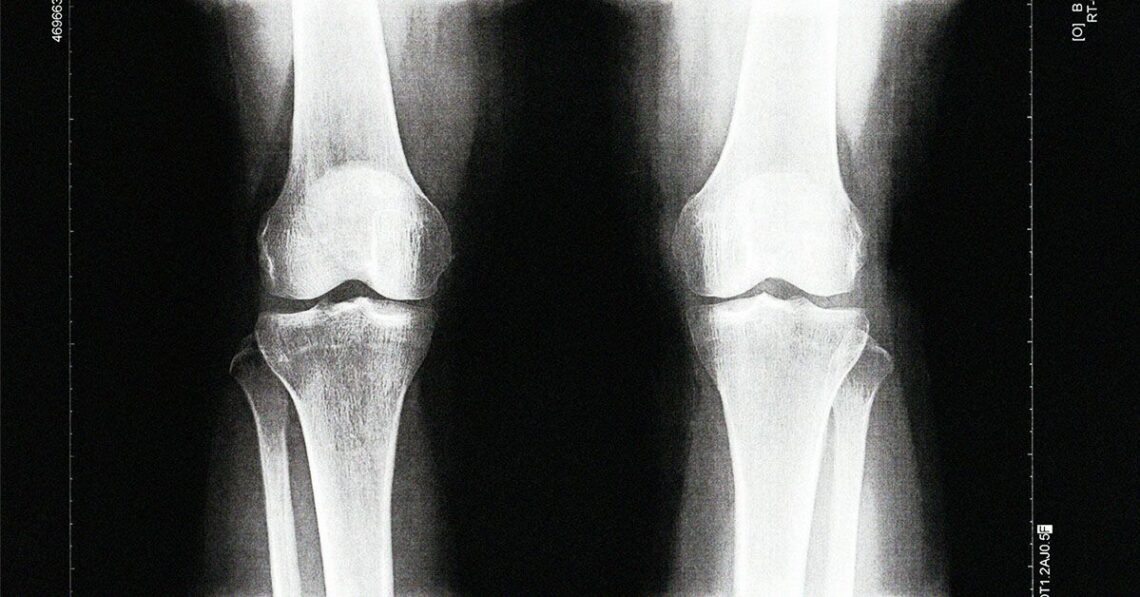- Osteoarthritis is a common condition and is typically diagnosed on X-rays after someone experiences pain in a joint.
- Researchers from Duke University conducted a study on diagnosing osteoarthritis in the knee and found biomarkers in the blood that can predict the development of the condition.
- The researchers also learned that the biomarker test can predict osteoarthritis up to eight years earlier than the condition can be detected by X-ray.
Osteoarthritis (OA), a degenerative joint disease, can affect almost all joints. When someone develops OA, the protective tissues in their joints break down, which causes pain.
While there is no cure for OA, researchers are looking for enhanced treatment and early detection of the disease. Researchers from Duke University, North Carolina, recently studied blood serum from a group of women to see if they could identify blood biomarkers that indicate the development of the disease.
The researchers found serum biomarkers that they say can accurately serve as a predictor for OA in the knee and can predict it well before the disease shows up on X-rays.
The study appears in the journal Science Advances.
According to the
OA occurs when cartilage and other tissue in the joints begins degrading. As a result, there is limited protection between the bones, which causes them to rub together and cause pain.
The
OA is irreversible, but people can manage its progression through weight loss, exercise, and medications such as nonsteroidal anti-inflammatory drugs (NSAIDs). These NSAIDs include over-the-counter drugs such as aspirin and prescription drugs such as celecoxib (Celebrex).
The authors of the present study pointed out that there has been a rise in OA worldwide, and said they wanted to focus more on early…
Read the full article here

